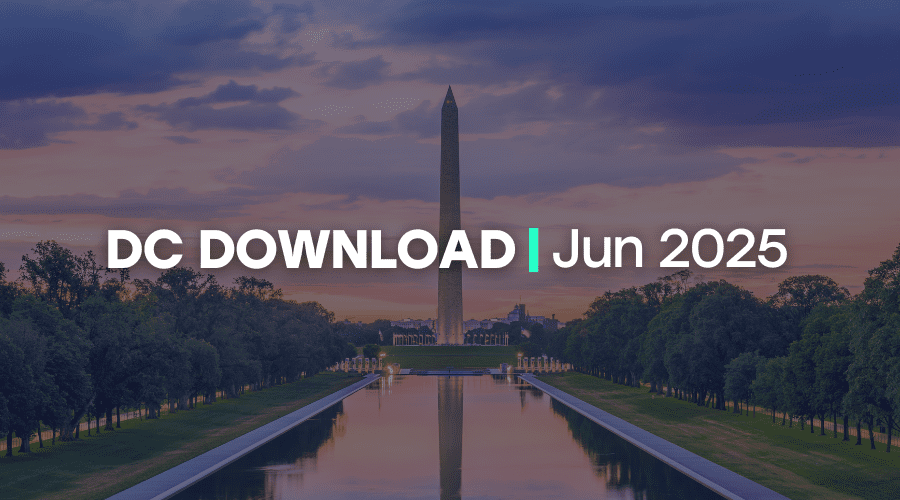This year has called on us many times to collectively mourn. This week is another such moment as we mourn an icon and a hero. Ruth Bader Ginsburg is revered for her fight for justice and women’s rights and she made this country better for all of us. Even in dissent, she advanced the work with her powerful arguments and words, and we have much to learn from her fight. As leaders of nonprofits and foundations, what we can take away from RBG’s legacy is that even in moments where we feel like we’re on the losing side, we have to push to move systems work forward.
With the backdrop of Ginsburg’s passing this weekend, I also was reading the new book, CASTE: The Origins of Our Discontents, by Upswell headline speaker, Isabel Wilkerson. Chapter eight of the book blew me away. For those who have not read it, it discusses how German Nazis modeled their caste system after American racist laws and policies. It was a painfully powerful reminder of the role the United States played and continues to play in shaping global values and modeling how those values get codified into legal and cultural systems. Like it or not, we are one of the most powerful (and wealthy) nations in the world and what we do matters elsewhere. While necessarily focused on keeping our own house just and a place of individual and collective flourishing, we have an added responsibility to take into account that civil society leaders across the global are engaged with us and often impacted by what we do, why we do it, and how we do it. In some regards, American civil society has a global leadership role that demands we act with and because of the highest standards.
I heard this very reminder from our recent Nobel Peace Prize winner and Upswell Pop-Up speaker, Tawakkol Karman, in our discussion earlier in the month. In response to my question regarding her take on this moment of social activism in the U.S., she makes an impassioned plea to the American civil society to be aware that our fight for social justice is NOT just for our nation, but for the world. She makes clear that many, many civil society, political, and business leaders look to the U.S. to guide their efforts because of our global leadership role. “It’s a shame that America is [still] suffering from racial practices,” she said. “But there is hope that the people demonstrating will stop this.” She said protestors across the world stand in solidarity with the protestors here in the United States and that together we could all uphold human rights here and abroad. While we often understand this global leadership in economic and political terms, we, as civil society leaders, should remember that we influence not just what happens in our own communities or country, but how the value of human life is seen across the globe.
As we enter in this fall season and an election cycle unlike what we’ve seen in generations, I want us to remember that the world is watching. How we show up and do our work, how we fight for systems change even in dissent, and how we uphold the value of human dignity and worth will impact our sector, our communities, and people around the world for generations to come. Are we living up to the serious responsibility that power and influence merit? I believe we are all earnest in our efforts, but we could be doing more, and I call on all of us as leaders to consider that question right now in your staff meetings, board meetings, convenings, and virtual conferences.
As always, we stand in solidarity with you.



